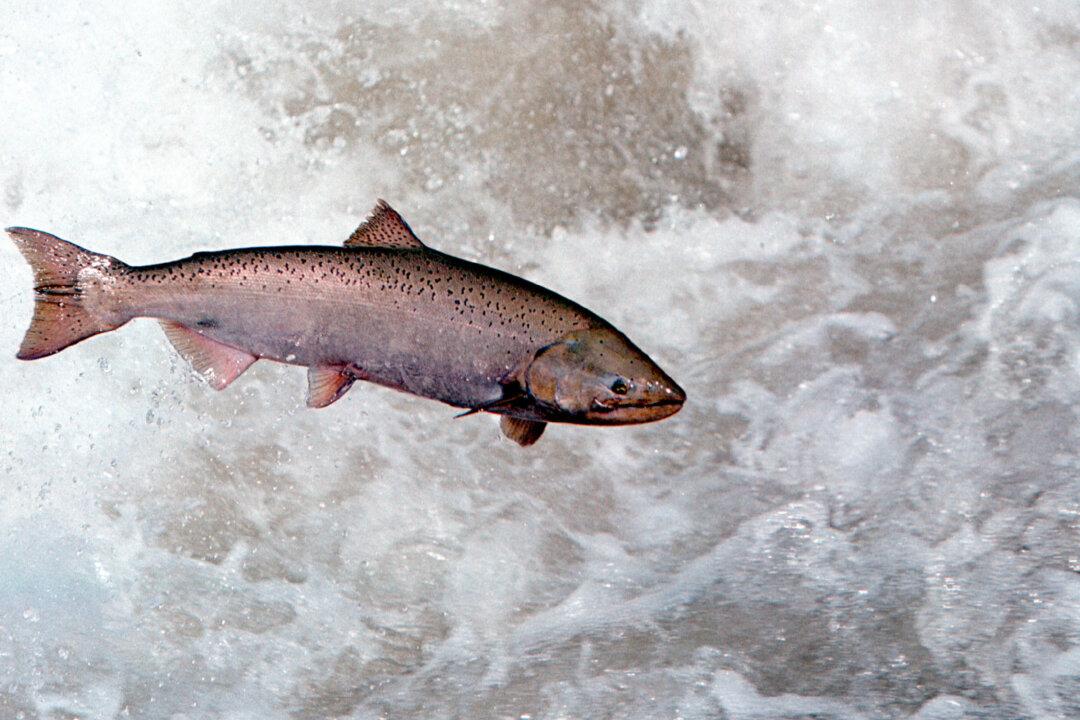
The Director-General of the BBC has stepped down under tremendous pressure stemming from a series of controversies. George Entwistle, who was BBC’s shortest-serving director-general, took up his post on Sept. 17.
What ultimately forced Entwistle’s resignation was a story by BBC’s Newsnight that accused a British politician of child abuse. Faulty reporting is being blamed for the egregious error. Newnight’s apology letter, posted on its website, states in part:
The BBC has issued an unreserved apology for a Newsnight report which led to Lord McAlpine being wrongly implicated in the alleged sexual abuse of children at north Wales care homes.
It comes after a victim, Steve Messham, apologised to the former Tory treasurer after saying he did not assault him.
Newsnight had reported Mr Messham’s claims against a leading 1980s Tory politician but did not name him.
The BBC also announced an “immediate pause” in all Newsnight investigations.
A commentary in The Telegraph, a British newspaper, lambasted Newnight and the BBC for their sloppy approach to researching the story, verifying facts, and vetting information, stating that “good journalism is in peril in Britain today.”
The Telegraph commentary went on to note:
Newsnight apparently lost faith in its own journalists, for it used a freelance organisation, the Bureau of Investigative Journalism, which is attached to London’s City University and funded by David Potter, a former Labour donor, to provide much of the story. Even then, Newsnight hedged its bets: it did not broadcast the name of the individual it wanted to “expose” as a paedophile, leaving it to users of social media sites such as Twitter to name him.
The BBC is taking numerous actions following the scandal, including immediately suspending all co-productions with the Bureau of Investigative Journalism which Newsnight worked with on the program, assigning a senior news executive to “supervise” Friday night’s edition of Newsnight, immediately pausing all Newsnight investigations to “assess editorial robustness and supervision. They also broadcast an apology on Friday’s program.
Lord McAlpine, for his part, is not taking the situation lying down. In a lengthy statement that was published by The Guardian, a British media outlet, McAlpine describes the situation in detail, his involvement (or lack thereof). His concluding comment in the statement alludes—not very subtly—to probable impending legal action against those involved in the faulty reporting:
I conclude by reminding those who have defamed me or who intend to do so that in making this statement I am by no means giving up my right to seek redress at law and repeat that I expressly reserve my rights to take all such steps as I and my solicitors consider necessary to protect my interests.
The Epoch Times publishes in 35 countries and in 19 languages. Subscribe to our e-newsletter.



